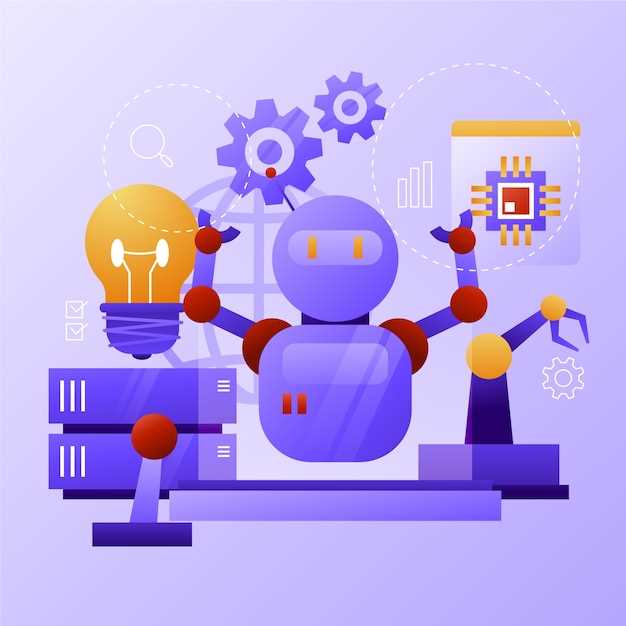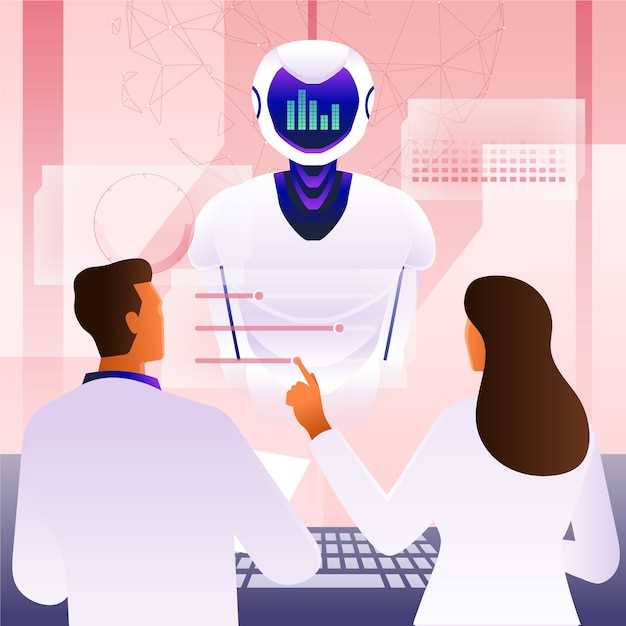
The world of technology is rapidly evolving, with new innovations and advancements being introduced at an unprecedented pace. In recent years, the integration of artificial intelligence (AI) and automated processes has become increasingly prevalent in various industries. This transformation has led to a significant shift in how organizations conduct their daily activities and make strategic decisions.
By utilizing cutting-edge technologies, businesses are able to streamline their operations, optimize efficiency, and enhance productivity. AI and automation are revolutionizing the way tasks are performed, freeing up valuable time and resources that can be allocated to more strategic initiatives. As a result, companies are able to stay competitive in a rapidly changing marketplace and adapt to new challenges more effectively.
The impact of AI and automation on company operations goes beyond simple efficiency gains, as these technologies also have the potential to revolutionize customer interactions, improve decision-making processes, and drive innovation. As businesses continue to embrace these technologies, the landscape of commerce is being reshaped, leading to new opportunities and challenges that must be navigated in order to succeed in the digital age.
The Transformative Power of Artificial Intelligence
In the realm of modern technology, the revolutionary potential of Artificial Intelligence (AI) is undeniably remarkable. This groundbreaking technology has the capability to completely revolutionize the way organizations operate and make decisions, leading to increased efficiency and productivity.
- Enhanced Efficiency: AI has the ability to streamline business processes, automate repetitive tasks, and analyze vast amounts of data at an unprecedented speed.
- Innovative Solutions: Through machine learning algorithms and predictive analytics, AI can provide valuable insights and recommendations that can drive strategic decision-making and foster innovation.
- Improved Customer Experience: AI-powered chatbots and virtual assistants offer personalized and immediate customer support, enhancing overall satisfaction and loyalty.
Overall, the transformative power of Artificial Intelligence lies in its capacity to optimize operations, drive strategic growth, and enhance the way businesses interact with their customers. Embracing AI technologies is no longer a choice but a necessity for organizations seeking to stay competitive in the fast-paced digital age.
How AI is Revolutionizing Business Processes
Artificial intelligence is transforming the way companies operate, bringing about a significant shift in the methods and systems used to carry out tasks and achieve goals. This technology is reshaping the landscape of organizational activities, introducing innovative approaches to streamline processes and enhance efficiency.
- Enhanced Decision-Making: AI enables businesses to make data-driven decisions faster and more accurately, leading to improved outcomes and increased profitability.
- Automated Workflows: By automating repetitive tasks and workflows, AI allows employees to focus on more strategic and creative aspects of their jobs, boosting productivity and job satisfaction.
- Personalized Customer Experiences: AI-powered algorithms analyze customer data to tailor products and services to individual preferences, resulting in higher customer satisfaction and loyalty.
Overall, the integration of AI into business processes has the potential to revolutionize the way organizations operate, driving growth, innovation, and competitive advantage in a rapidly evolving market environment.
The Efficiency Gains of Automated Systems
Enhancements in technology have revolutionized the way organizations operate, enabling the utilization of sophisticated systems that streamline processes and optimize productivity. Automated mechanisms have proven to be a catalyst for efficiency, allowing companies to achieve tasks swiftly and accurately without human intervention.
- Increased Speed: Automated systems execute tasks at a rapid pace, reducing the time required for completion.
- Precision and Accuracy: By minimizing human error, automated systems ensure consistent and precise results.
- Resource Optimization: Automation frees up human resources to focus on complex and strategic initiatives, maximizing efficiency across the organization.
- Cost-Effectiveness: The implementation of automated systems leads to cost savings by reducing manual labor and improving operational efficiencies.
In conclusion, the efficiency gains derived from the integration of automated systems significantly impact the performance and competitiveness of businesses, propelling them towards success in a rapidly evolving landscape.
Streamlining Efficiency with Advancements in Tech
Enhancing productivity and optimizing processes have become increasingly crucial in modern business landscapes. Leveraging cutting-edge technologies to automate and streamline tasks is key to staying competitive and driving growth.
Boosting Productivity
- Implementing automated software solutions helps businesses increase output without compromising quality.
- Tasks that are repetitive or time-consuming can be efficiently streamlined through the adoption of automation technologies.
Optimizing Workflow

- Automation streamlines workflows by eliminating manual steps and reducing human error.
- Real-time data analytics provided by AI systems allow for agile decision-making and process improvement.
Embracing automation technologies not only enhances operational efficiency but also allows businesses to allocate resources more strategically and focus on innovation and growth.
Navigating the Impact of AI Implementation
As businesses integrate artificial intelligence into their processes, they must carefully navigate the changes it brings. From enhancing efficiency to transforming the way decisions are made, AI implementation plays a crucial role in reshaping the landscape of modern enterprises.
Challenges in Embracing AI Technology
Despite the numerous benefits AI offers, organizations face challenges in embracing this technology. These hurdles include resistance from employees, the need for specialized skills, and potential ethical concerns regarding data privacy and security.
Strategies for Successful AI Integration
To overcome these challenges, businesses need to develop comprehensive strategies for successful AI integration. This may involve investing in employee training, establishing clear governance policies, and collaborating with experts to ensure ethical AI practices.
| Key Considerations | Actions |
|---|---|
| Employee Training | Invest in upskilling programs to equip employees with the necessary AI skills. |
| Governance Policies | Create transparent policies to govern AI use, ensuring compliance with regulations and ethical standards. |
| Collaboration with Experts | Partner with AI specialists to leverage their expertise in developing and implementing AI solutions. |
